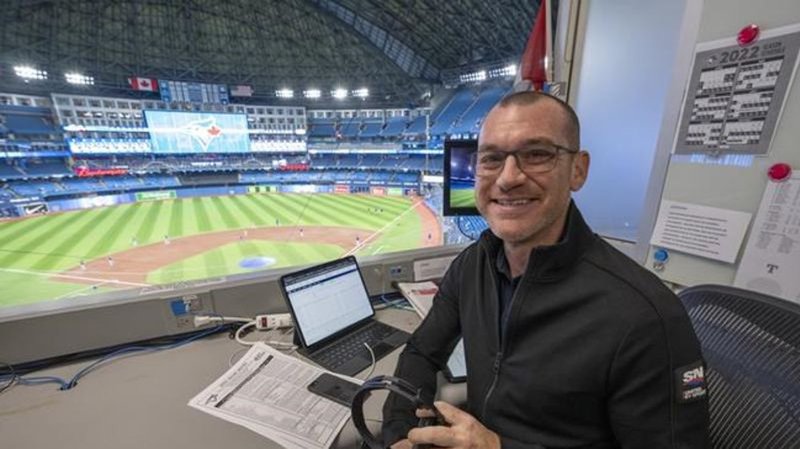
Radio Waves: Sportsnet says Blue Jays’ road games will be called remotely on radio
DUNEDIN, Fla. — Blue Jays radio broadcaster Ben Wagner has been on-site at the team’s player development complex for spring training to conduct interviews, gather information and prepare for the upcoming campaign.
The pre-season will be the only time he’s on the road this year.
Sportsnet, the team’s radio rightsholder, will not resume on-site radio broadcasts for road games this season and will instead provide remote coverage from its downtown Toronto studio.
“I’m very disappointed in the network for making that decision,” said longtime Blue Jays radio voice Jerry Howarth, who retired in 2018.


